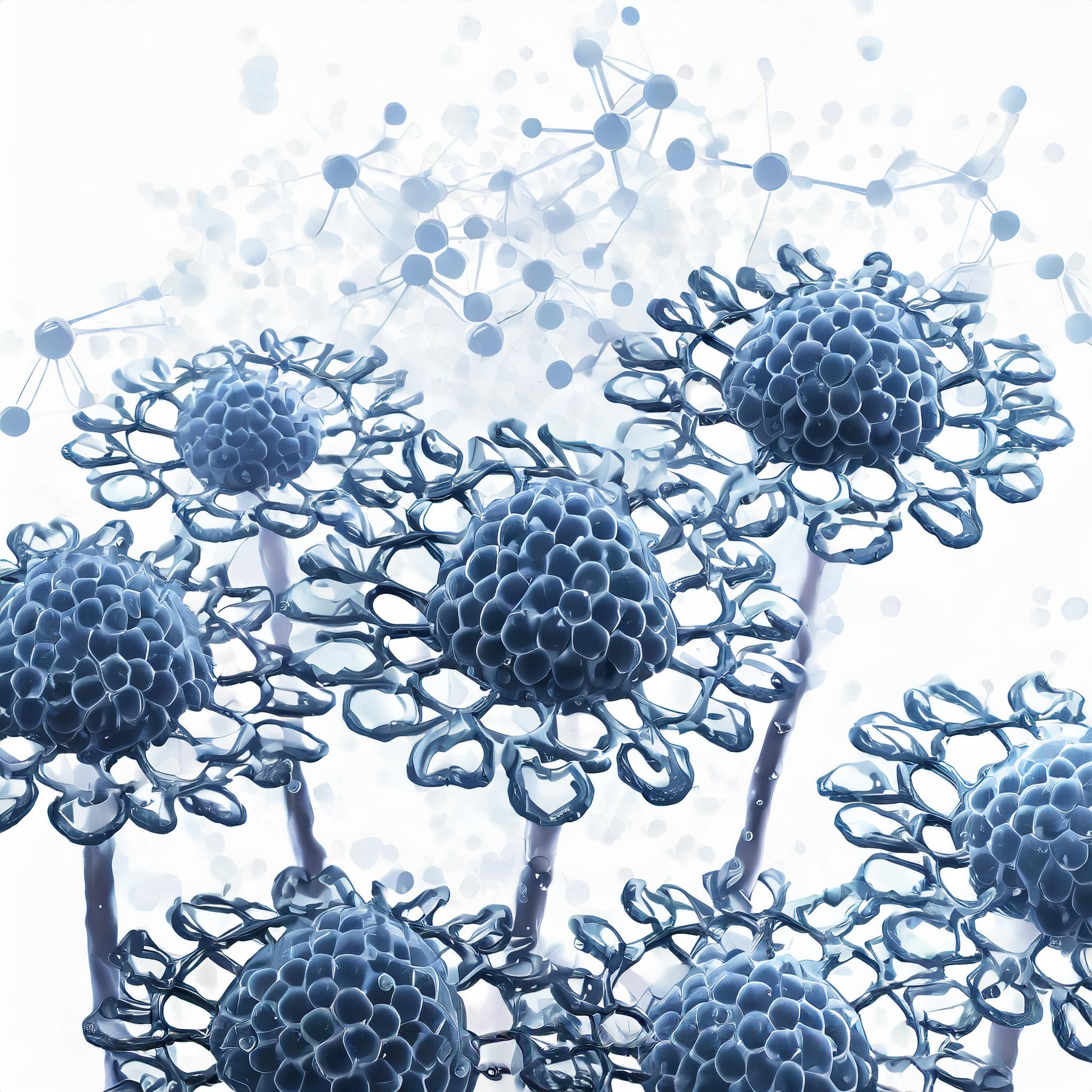
Mycotoxins
Mycotoxins are toxic substances produced by certain fungi, primarily molds, that can contaminate food crops. They pose a potential threat to human and animal health, as well as food safety. Mycotoxin-producing molds can thrive under conducive conditions, such as high humidity and moderate temperatures, during the growth, harvesting, storage, or processing of food commodities. Commonly encountered mycotoxins include aflatoxin, ochratoxin, fumonisin, zearalenone, and deoxynivalenol. These toxins can contaminate various foods, including cereals, nuts, dried fruits, spices, and corn. Consuming mycotoxin-contaminated food products can lead to health issues, such as liver and kidney disorders, neurological problems, and even carcinogenic effects. Preventing mycotoxin contamination involves appropriate agricultural practices, strict control of storage conditions, food safety standards, and regular monitoring of food items.
